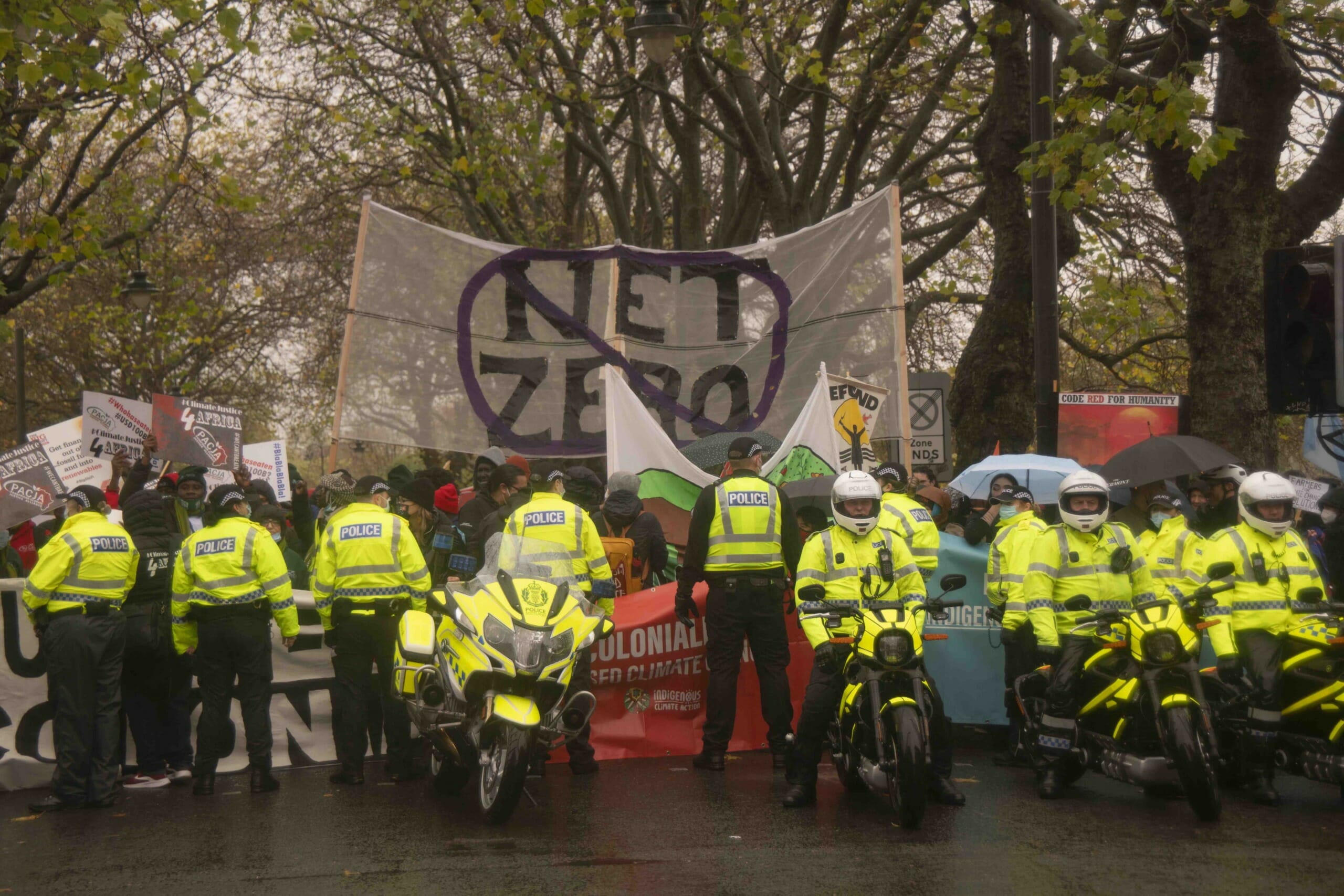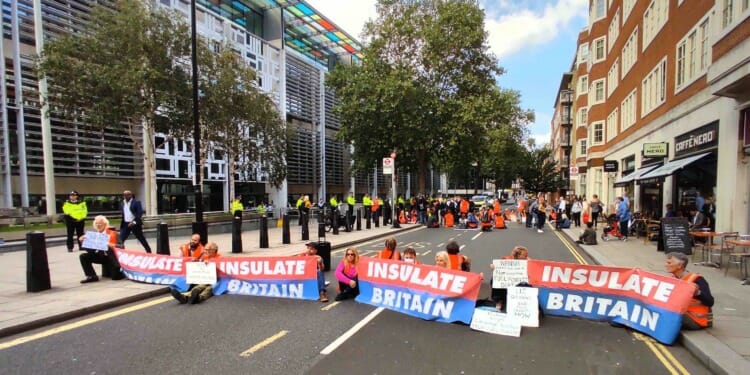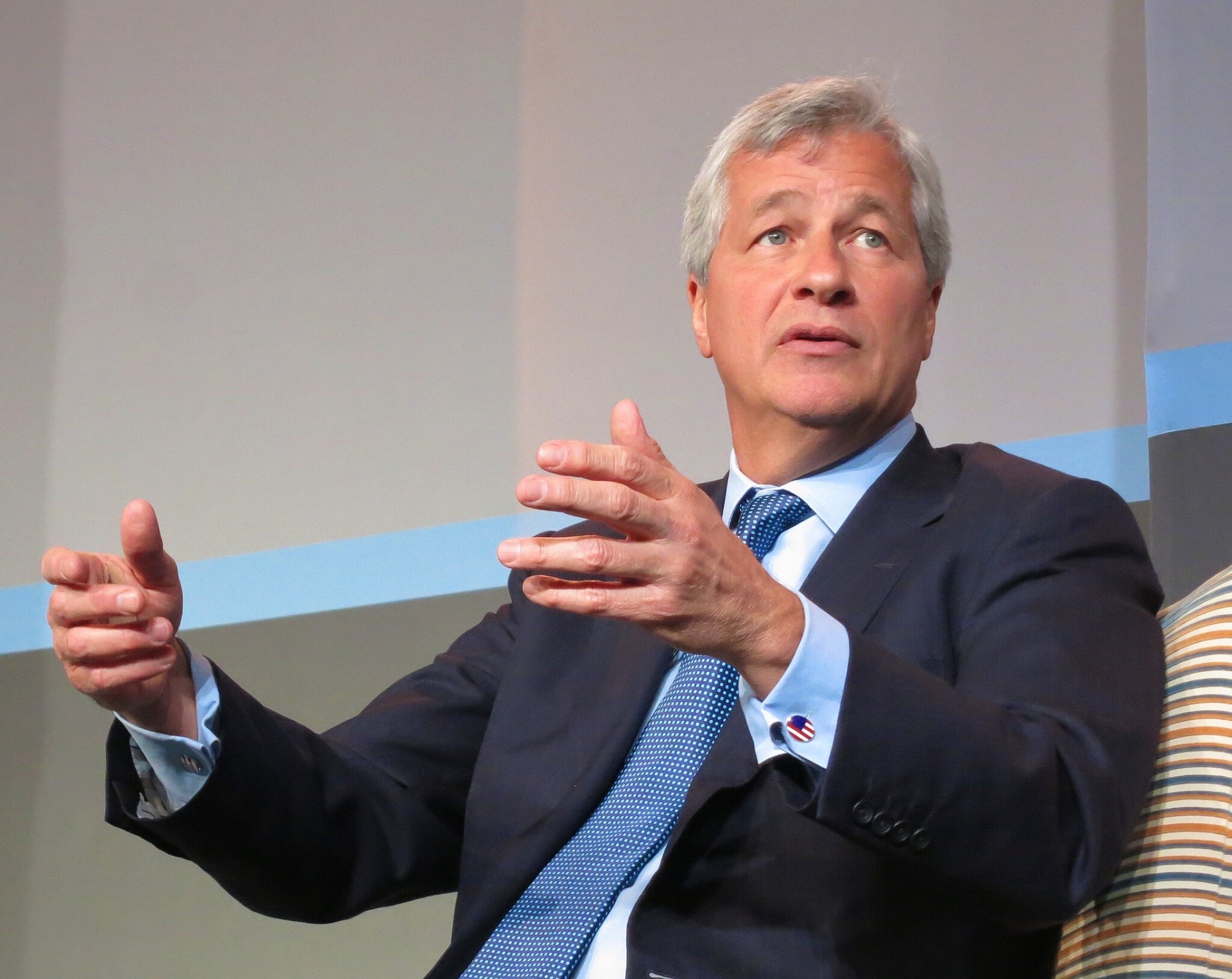In September, protesters from the now infamous activist group, Insulate Britain, began a campaign of non-violent civil disobedience across the UK. Often gluing their hands to the ground, occupying important motorways during the busiest hours of the day, the group seeks to pressure the government into action.
The aim of Insulate Britain is succinctly summarised by their name: they demand that “the UK government immediately promises to fully fund and take responsibility for the insulation of all social housing in Britain by 2025,” as well as “produce within four months a legally binding national plan” to retrofit all British homes with insulation by 2030.
The protests were met with condemnation from the government, including the prime minister. Home Secretary Priti Patel announced plans to “increase the maximum penalties for disrupting a motorway” and “criminalise interference with key infrastructure such as roads.”
Commuters have responded with anger, often physically dragging protesters off the roads.
https://twitter.com/damiengayle/status/1452534987161485319?s=20
Disillusionment with current environmental efforts
Interestingly, criticism of the effectiveness of these grassroots protests mirrors the criticism of current environmental efforts at governmental and corporate levels. The recent COP26 proceedings have been met with pessimism and mockery from activists, who have accused conference attendees of “greenwashing.”
Protests on the streets of Glasgow reflect a growing disillusion with the promises of world leaders and companies involved in harmful industries. Similarly, the actions of organisations such as Extinction Rebellion and Insulate Britain have been accused of alienating the British public, many of whom see them as an inconvenience, or even a threat to safety.

By unintentionally pitting themselves against motorists, rather than the government whom they hope to influence, Insulate Britain has arguably contributed to an attitude of apathy towards environmental activism.
Andy Burnham, Mayor of Greater Manchester, has argued that both the COP and Insulate Britain are out of touch, accusing disruptive protests of alienating people from “the cause of climate crisis,” as shown in the tweet below. Writing for The Evening Standard, Burnham argued that “messages of the main players — politicians, plutocrats and protesters such as Insulate Britain — are not landing with the public.”
I can’t see how this type of protest does anything other than alienate people from the climate cause.
Have been reassured @gmpolice are working to get things moving as soon as possible. https://t.co/PN9d4lHdB0
— Andy Burnham (@AndyBurnhamGM) November 2, 2021
Questioning the utility of public disruption
Insulate Britain’s aims, but not necessarily their methods, are strongly supported by leading climate scientists and industry bodies. Insulation of British homes would, according to experts, not only benefit the environment, but also the economy.
Despite his criticism of Insulate Britain’s actions, Andy Burnham also drew attention to the efficacy of retrofitting insulation into British homes, arguing that it would “reduce people’s bills, improve the housing stock in some of our poorest areas and create hundreds of thousands of jobs in the process.”
Insulate Britain’s mistake, however, may be that they have inadvertently turned the issue into one of identity politics. The UK government has often been accused of contributing to a culture war, exacerbating a growing public rift. The language used by the government frames protesters as cultural threats, seeking to attack the identity and values of the average British person.
Priti Patel described them as “eco-warriors trampling over our way of life.” Many Britons now may see the issue of insulation not as one of relevance to them, but to the “eco-warriors” preventing them from getting to work or urgent hospital visits.
Related Articles: Scenes From a Rebellion | Science Museum Faces Protests Over Decision to Accept Shell as Sponsor of Fossil Fuel Exhibit
Insulate Britain protesters might not see the ire of the public as a problem, considering it a small price to pay to meaningfully address climate change and help protect the most vulnerable from intolerable and life threatening living conditions in the winter.
Mary “Madge” Smail, an Insulate Britain campaigner from Derbyshire, speaking to the BBC, drew attention to the “hundreds of thousands” people in Britain affected by lack of warmth in the winter. She hopes protest efforts will lead to greater public interest in the current environmental crisis. She went on to say that, “If people dislike what we’re doing now they might be thanking us in ten years’ time.”
Indeed, 10 000 people a year in Britain are expected to die from “fuel poverty,” and for such people there is a pressing need for action. However, governments are less likely to pursue policies, despite potential benefits, if they are seen as undesirable to the public by whom they are elected.
The response of the government
The actions of Insulate Britain and other groups might also obstruct future protest efforts by prompting the government to introduce stricter legislation restricting protest activity. This is given credibility by the government’s response to BLM protests in 2020, after which the law was amended in order to lengthen sentences for the defacement of monuments.
Priti Patel’s recent promise to “close down…legal loopholes” continues the trend of criminalising protesters seen by the introduction of the much-criticised Police Bill. According to the Guardian, “Ms Patel is unafraid of the charge of authoritarianism, and knows that it plays well with her home crowd.”
Given that Insulate Britain’s protests have already secured the animosity of much of the public, it seems there is little motivation for the government to meet these protests with anything other than increased suppression of public demonstrations.
Editor’s Note: The opinions expressed here by Impakter.com columnists are their own, not those of Impakter.com. — In the Featured Photo: Insulate Britain holds a press conference outside the Home Office, London (22-9-2021). Photo Credit: Wikimedia Commons.














